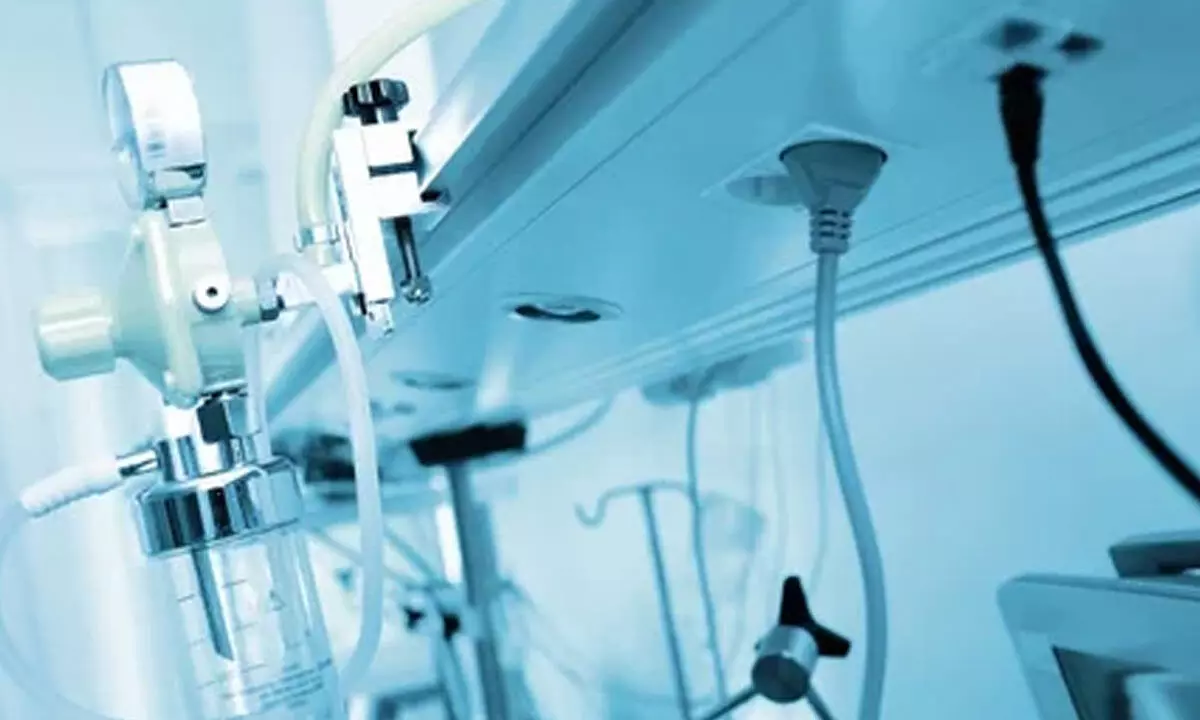Don't dilute standards on sale of medical devices
The Union Health Ministry’s latest decision to allow class 12th pass outs without having D Pharma to sell or stock medical devices will put public health at risk
image for illustrative purpose

The Union Health Ministry has recently come out with a draft amendment to the Medical Devices Rules-2017, allowing a person with a university degree, or a 12th class passed person with one year experience in dealing with sale of medical devices to manage and supervise sale of medical devices across the country. As per the draft amendment issued by the ministry, Rule 87(A) will be inserted after the Rule 87 in Medical Devices Rules (MDR), 2017 containing details of competent technical staff under whose direction and supervision the sales activity of medical device shall be undertaken and such staff holds a degree of a recognized university or a registered pharmacist or has passed intermediate examination or its equivalent examination from a recognized board with the one-year experience in dealing with sale of medical devices.
The draft amendment also made registration certificate mandatory to sell, stock, exhibit or offer for sale or distribute a medical device, including in-vitro diagnostic medical devices. The State Licensing Authority (SLA) shall appoint licensing authorities to issue the registration certificate, and any person who intends to sell, stock, exhibit or offer for sale or distribute a medical device including in vitro diagnostic medical device shall make an application in Form MD-41, which has also been introduced in the draft rules, to the SLA for grant of the certificate.
So far, diploma in pharmacy (D Pharm) was mandatory for those who have passed class 12th exam to sell or stock medical devices including in-vitro diagnostics. Medical devices are categorized under the definition of drugs which means that these devices should be sold under the supervision of a registered pharmacist. The ministry's latest decision to allow class 12th pass outs without having D Pharma to sell or stock medical devices will put public health at risk. Allowing non-pharmacists who are just class 12th pass outs to stock and sell medical devices will have detrimental impact on public health. Storage and dispensing of medical devices by pharmacist will ensure better availability to the users and through counseling and it will boost confidence of patients for better national health outcomes.
A qualified pharmacist should take this role as only a pharmacist has the wherewithal to know the product and understand the importance of a quality medical device to be circulated in the Indian healthcare space. The sale of medical devices like medicines need qualified persons. Appointing an unqualified person like a standard 12 class pass will prove to be one of those damaging decisions as it would only harm in more than in one way. While there will be no scope for quality, and it will lead to financial losses, bad reputation for medical device companies and loss of morale due to distrust. The sale and distribution of a medical device is a matter of public health concern, hence it should not be handed over to any unqualified person.
Besides, the Health Ministry's decision will also hurt the job prospects of pharmacists. There is no dearth of pharmacists in the country at present. Currently, scores of pharmacists in the country are jobless and the recent draft amendment will add to their woes. Every year the pharmacy institutions in the country admit 11 lakh students for various courses which include 3.8 lakh D Pharm, 6.78 B Pharm, 53,000 M Pharm and 3000 Pharm D courses.
This shows that the country has more than enough well-educated, trained and skilled human resources in health and pharmacy, similar to those in medical education. There are approximately 15 lakh pharmacies in the country. These pharmacies provide unparalleled market penetration and convenience to patients to purchase medicines, nutraceuticals and medical devices. There is a robust distribution infrastructure available for scientific storage and handling of medicines, nutraceuticals and medical devices in wholesale, retail and hospital pharmacies. Storage and dispensing of medical devices is as sensitive as medicines. Improper storage and wrongly dispensing without counseling will cause problems to medical device usage.
Globally, medical devices are sold under the guidance of a pharmacist. There is strong documentation system for goods purchased and sold in pharmacy system. Pharmacies are the right place for critical healthcare products. Medical devices are being used in hospitals for diagnosis to ensure appropriate medicine therapy is administered for faster cure of disease and disorders. By allowing non pharmacists to sell or stock the most sophisticated items like blood products and stents, the government is playing with people's lives. The ministry should not try to dilute the standards of the country's health sector and pharmacy sector in the name of promoting 'Skill India' initiative.
(The author is freelance journalist with varied experience in different fields)

